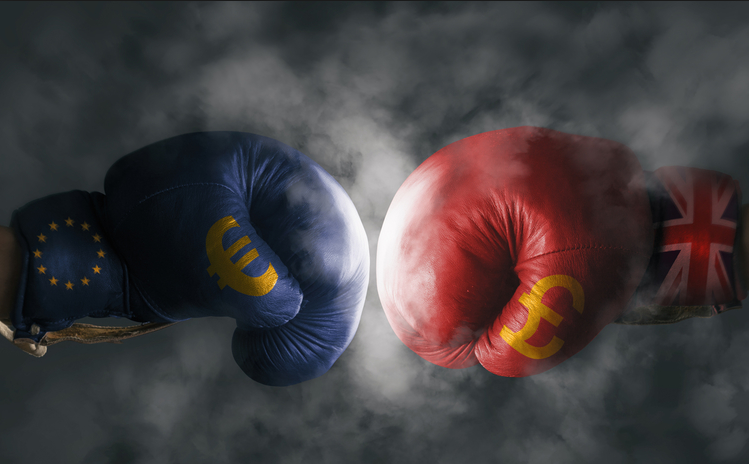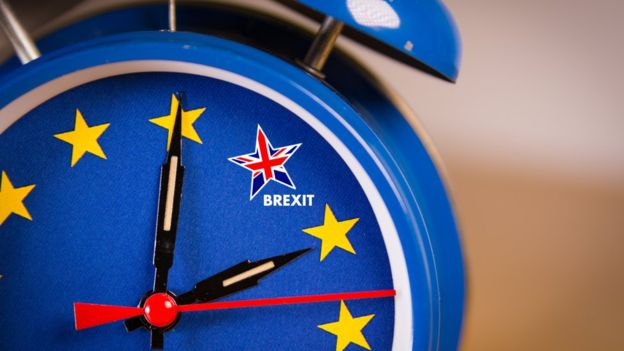Political chaos ensues at the Commons

Here's a quick summary of what went down yesterday in the UK parliament:
- MPs voted 312-308 in favour of never leaving the EU without a Brexit deal
- Vote is non-binding, so the UK could potentially still face a no-deal Brexit
- MPs voted 321-278 in favour of not leaving the EU without a deal on 29 March
- Vote doesn't stipulate that the UK can't leave without a deal at any other time
Basically, what happened is that the government lost out on the first vote - another defeat for May - as Tory lawmakers ignored what they were told to do by the party bosses (May herself included). The government basically wanted to maintain control over the Brexit process with the intent of keeping a no-deal option off the table. Evidently, that failed.
Whether or not it comes down to a break in the ranks or just plain defiance, it's clear that whatever authority that May has is starting to be undermined.
And that leaves us where we are now, that parliament will head towards a vote on extending Article 50 to 30 June later today; but May is trying to make the best of the situation by holding out that MPs voting for that means that they will have to back her deal when put to a third vote before 20 March.
Her warning is that in not backing her a third time around, parliament could be staring down the prospects of a further extension - which could see a potential second referendum among other options - or a straight up no-deal Brexit if the European Union so chooses to reject the extension request.
In short, there is potential for the tide to turn and now favour May if she puts her deal to a vote for a third time. However, if that fails, we're staring down a binary outcome in the Brexit process, which is an extension that leads to some form of deal or a second referendum down the road, or a no-deal Brexit.
It's not like we haven't been here before. The only difference is that lawmakers and markets can feel that the clock is ticking now.
